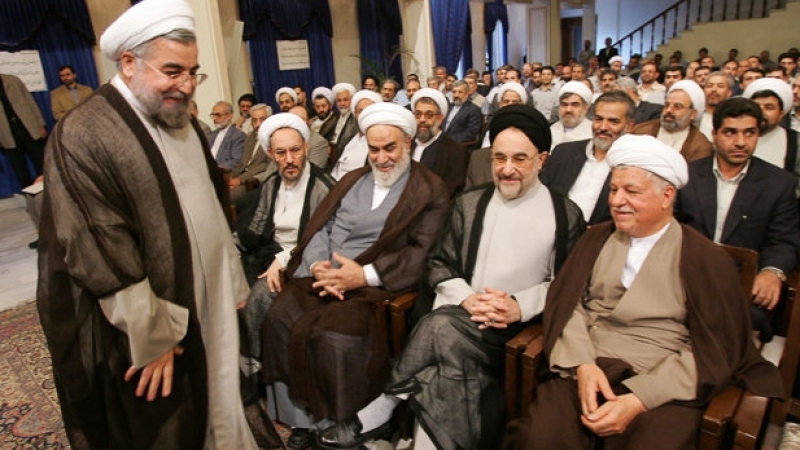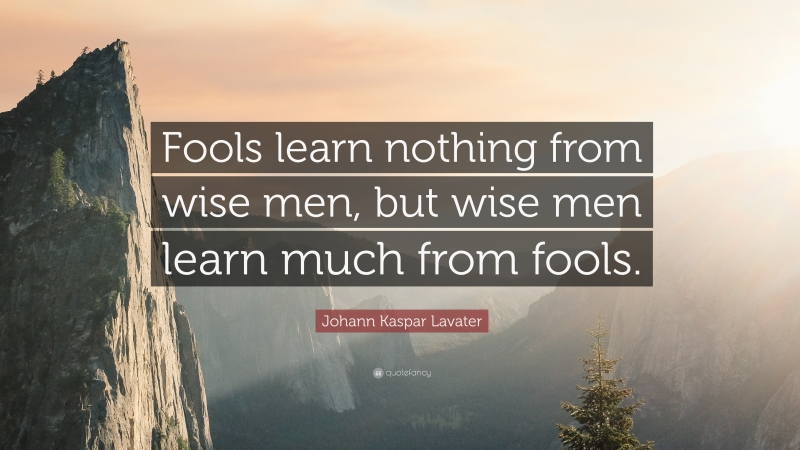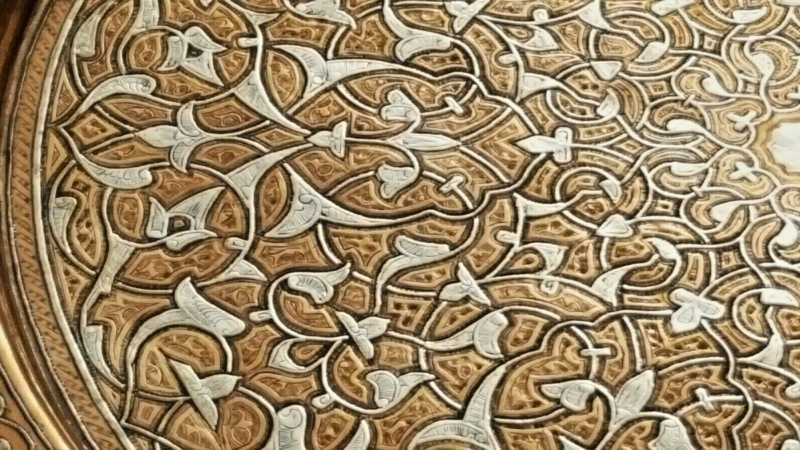by Abu Dharr (Opinion, Crescent International Vol. 54, No. 4, Dhu al-Qa'dah, 1445)

As expected, there is considerable argumentative information about ‘Umar ibn al-Khattab’s assassination. Sparing ourselves the extremists’ quarrels, it is safe to postulate that the assassins of ‘Umar may have had some affinity with the two superpowers at that time: Byzantium and Persia. Both were overpowered by the Islamic forces-for-social-justice during the khilafah of ‘Umar ibn al-Khattab.
This is where the personal and the political intersect. Solid evidence and proof are absent about whether ‘Umar was assassinated by individuals who had no connection to superpowers or they were, more or less, hit-men who were tasked by superpowers to assassinate him.
Whatever the fact, ‘Uthman had to eventually decide the verdict concerning the fate of ‘Ubaid Allah ibn ‘Umar, the son of ‘Umar ibn al-Khattab. He was responsible for the death of what appears to be complicit collaborators to some but unconnected plotting individuals to others (For details, see Abu Dharr in Crescent International May 2024). After conferring with those he considered reliable and dependable companions of the Prophet (pbuh), ‘Uthman decided to pay the ransom money.
By doing so, he saved ‘Ubaid Allah ibn ‘Umar from a near-certain death sentence. But more importantly, he may have precluded a flare-up of tensions between al-Madinah and Makkah. Ibn ‘Umar was perceived by the Makkan bigwigs as a fellow-Quraishi even though he was a Muslim first and foremost.
‘Uthman was not known as a combatant. By paying the ransom money, he avoided an internal rift between the doves and the hawks within the Muhajireen and the Ansar. Had ‘Uthman sentenced ‘Ubaid Allah ibn ‘Umar to death, he would have incurred the wrath of the Khattab family and the general Bani ‘Adi kinsfolk. That would have eventually led to a spate of pre-Islamic Quraishi ‘asabiyyah.
This whole affair was extremely sensitive. It brought together and entangled issues of personalities, principles, power-politics, prerogatives, and partialities. It was within the jurisdiction of the Khalifah ‘Uthman to rule as he did because he did not “break any law” as it were. Still, there were those among the committed and sincere Muslims who were not at ease with ‘Uthman’s judgment.
It is said that Imam ‘Ali was one of them. Further, when he became the leader after the assassination of ‘Uthman, it is said that Imam ‘Ali wanted to reopen this file and “get to the bottom of this whole affair.” ‘Ubaid Allah knew Imam ‘Ali’s position and thus joined the opponents of Imam ‘Ali who began protesting and arousing the public to retaliate for ‘Uthman’s assassination. It should be noted here that later on ‘Ubaid Allah joined king Mu‘awiyah’s army, fought at Siffin and was killed there.
The sincere committed Muslims who disagreed with ‘Uthman’s judicial decision viewed it as Qur’anically shallow. Some of them felt that ‘Uthman was showing favoritism because ‘Ubaid Allah was the son of a Khalifah. Others opined that ‘Uthman’s judgment showed bias against non-Arab and untested Muslims who were either Persians or Christian vs. ‘Ubaid Allah because he was a seasoned Muslim from among the Muhajireen, originally from Makkah. This fact was important for Quraish, and of course, he was the son of a Khalifah.
Allah (swt), the Prophet (pbuh), the Guiding Qur’an, and the station of Islam do not tolerate any type of latent discrimination whatever the national origin, ethnicity, race, or tribe a person belonged to, they asserted. They viewed ‘Uthman’s conclusive ruling as a type of prejudice against the “other”. They reckoned that if this decision of ‘Uthman was to become a legal precedent by which the children of the Muhajireen and Ansar were considered legally “a notch” above the rest, then the meaning of justice and social justice would become insignificant or even redundant.
With hindsight we may say—and it is easy to say this because we are not “in the heat of that moment”—that ‘Uthman could have placated those sincere and committed Muslims who disagreed with him by placing ‘Ubaid Allah under house arrest. Or, he could have confined him to al-Madinah until ‘Ubaid Allah felt remorse and expressed repentance.
‘Ubaid Allah should have been given the opportunity to express sorrow and apologize for “taking the law into his own hands” in an emotional moment of jahili vengeance. Had ‘Uthman done that he would have sent a strong signal to his sincere opponents in society that all citizens of the Islamic state are civically equal and no one—whoever he may be—has the right to disregard an Islamic authority and its judiciary. Every citizen in an Islamic social order has to feel and know and experience their civic equality and civil equivalence.
Be that is it may, ‘Uthman began his reign with a type of procedural leniency that reflected his personality of kindness, compassion, and charity. ‘Uthman was not known to be confrontational or defiant. He was especially reverential and courteous towards the Muhajireen and their children. This well-mannered and polite treatment by ‘Uthman of the Muhajireen was accepted by some but not by others in the larger Islamic community.
Thus, from the beginning, ‘Uthman’s tenure showed cracks in “public opinion”. At this point we can juxtapose ‘Uthman with ‘Umar and say that if ‘Umar had to deal with a person (even if that person was the son of Abu Bakr, his own son, or any of the Muhajireen or anyone from Quraish) who took the law into his own hands and murdered three individuals, ‘Umar would not have had any qualms in applying the death sentence.
This first moderate and tolerant executive order by ‘Uthman was to set the pace for the rest of his time in office, a pace of forbearance and temperance. It eventually resulted in infiltration by those who were to replace the Khilafah with monarchy. ‘Uthman did not intend or foresee for that to happen, but as we shall see, that is indeed what actually happened.
At the inauguration of ‘Uthman, the general Muslim public in al-Madinah—the majority being the Ansar and the Muhajireen in particular—was not quick to react or counter ‘Uthman’s initial policies. The Muhajireen and the Ansar were keen to keep together even though they began to realize that maintaining Islamic unanimity was gradually becoming more difficult as the political overtures towards Makkah were straining their internal fabric.
‘Uthman was agreed upon as the Khalifah with the specific hope that he would “finally deliver Makkah”. It would not have been possible for Imam ‘Ali to do so because of “the Makkan blood that was still dripping from his sword”. So, the constituency of al-Madinah, by and large, could understand ‘Uthman’s ruling pertaining to Ibn ‘Umar in light of the Prophet’s legal instruction ادرؤوا الحدود بالشبهات [Eschew applying the hadd (legal punishment) if there is any type of (judicial) doubt].
‘Uthman could justify his ruling that staved off the death sentence due to a “plea of insanity” akin to “honor killings”, to put it in today’s terms. Besides, Allah (swt) favors Muslims who offer clemency in a court of law when they have the option of strictly applying the hadd (legal punishment).
One of the first strategies ‘Uthman set in motion upon assuming the highest office was his correspondence to various regions of the Islamic territories. Some of these messages were meant for governors, others for military commanders, and yet others for the general public. These letters divulge to us ‘Uthman’s intended general policy as we glean by reading books of Islamic history. We will take a closer look at these letters and see whether the initial intended policies were in due course actualized.
And [know that] the requiting of an offense is [in some cases] a counter offense of a corresponding nature: therefore, whoever pardons [the offender] and makes amends, his reward is with Allah – for, indeed, He does not favor justice violators -- Al-Shura, verse 4.0




